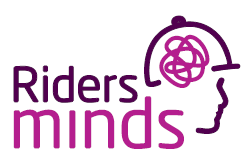
YOUR MENTAL HEALTH
Everyone is unique and so will respond differently to life’s ups and downs and the stresses of modern life.
There are perception and reality differences too, eg. what someone sees as a difficulty, another sees opportunity; stress for one, is pressure for another.
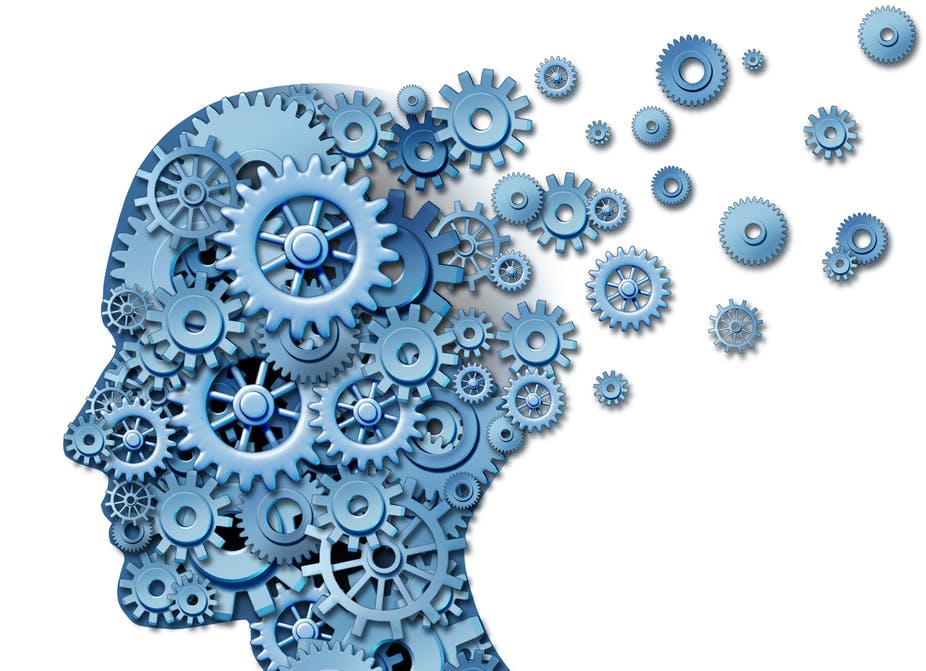
Even if we believe we’re not ‘the type’ to have poor mental health, illness or condition, the unexpected can happen.
Experiences, situations, circumstances, life events, loss, injury, illness, family/friends and many more can impact our mental health. Supporting and/or living with someone who’s struggling with their mental health can be hard too.
Equestrianism has other factors too. eg. rider/horse injuries, lost form, owners moving/selling horses, young riders outgrowing ponies, work stress affects pleasure riding, and the inevitable challenges of running an equestrian business.
A TOP PROFESSIONAL HAS A RUN OF BAD LUCK
The results don’t reflect effort or achievement.
They start feeling disheartened, frustrated, lost, worry their owners may jump ship, make some unsound decisions – negatively affecting their mental health.
OR they are resilient, remain focused, positive, undeterred, puts things in perspective, and have constructive conversations with owners. – maintaining mental health.
AN AMATEUR RIDER GETS STRESSED AT WORK
They struggle to maintain their work/life boundary and stress creeps into their riding. Their enjoyment decreases. – negatively affecting mental health.
Another maintains their work/life boundary, and gets the same, if not more, pleasure from riding when it becomes increasingly important for their well-being – positively boosting mental health.
A YOUNG RIDER IS BEING BULLIED BUT KEEPS QUIET
They eventually stop riding and give up what they love – negatively affecting their mental health.
Although daunting, another chooses to speak up. Although it takes time, the matter gets resolved, and they continue to enjoy riding – recovering mental health.
A PROFESSIONAL RIDER LIVES WITH A LONG-TERM MENTAL HEALTH CONDITION
A certain situation can trigger a negative state of mind – negatively affecting mental health and recovery takes time.
Another works out situation-specific strategies to manage, even avoid, those situations – maintaining, even boosting, mental health.
SOMEONE SUPPORTING ANOTHER STRUGGLING WITH THEIR MENTAL HEALTH
This can be an enormous strain on the person who is supporting. A strain on relationships too. The person might experience a range of difficult feelings of their own. It can be very exhausting and take its toll on their own mental health – negatively affecting their mental health.
Or, they take care of and look after themselves; get any support they need; build resilience; manage more effectively by understanding symptoms and/or situations that may trigger symptoms – maintain their mental health.
WHAT MENTAL HEALTH MEANS
Thinking about the definition, it’s your emotional, psychological, physiological, and social well-being. It helps determine how you handle stress, relate to others, make choices and decisions.
It impacts:
- How you function on a daily basis; how you think, feel, behave and act.
- Your performance and ability to do your job, run your yard, ride your horses, and your problem-solving skills.
- Your confidence, resilience – your bounce back-ability.
- Your potential to be the best you can be.
- Your ability to learn…. from your mistakes, experiences and cope with and manage change and uncertainty.

It affects how you communicate, your ability to form, and maintain, relationships with others and so in effect, all those around you; family, friends, grooms, owners, suppliers, work colleagues, and your relationship with your horses and ponies.
WHAT MENTAL HEALTH ISN’T
Mental ill health, illness, conditions, disorders; depression, anxiety, stress, PTSD, bipolar, self-harm, suicide, anorexia, bulimia, or any of the hundreds of clinically diagnosable disorders.
The terms mental health and mental ill health have become interchangeable with many people consciously, subconsciously or unconsciously thinking of mental health issues, problems or illnesses when mental health is mentioned.
We need to brake, and break the connection – mental health is not mental ill health.
Mental health is one thing, mental ill health is another.
DE-BUNKING MYTHS ABOUT MENTAL HEALTH
There are many but, again, they’re about mental ill-health – here are some of the most common ones.
MENTAL HEALTH ONLY AFFECTS A FEW PEOPLE
Wrong. We all have physical health, we all have mental health, so how can it only affect a few people?! 1 in 4 people will experience some kind of mental health ‘issue’ or ‘problem’ in any given year.
Yet, this figure is somewhat misleading. It implies that there is a distinct group of people who are affected by mental illness/ill-health.
However, mental illness can hugely impact the friends and family of the person affected. We all have mental health that needs care and attention.
This should then be: mental health affects us all.
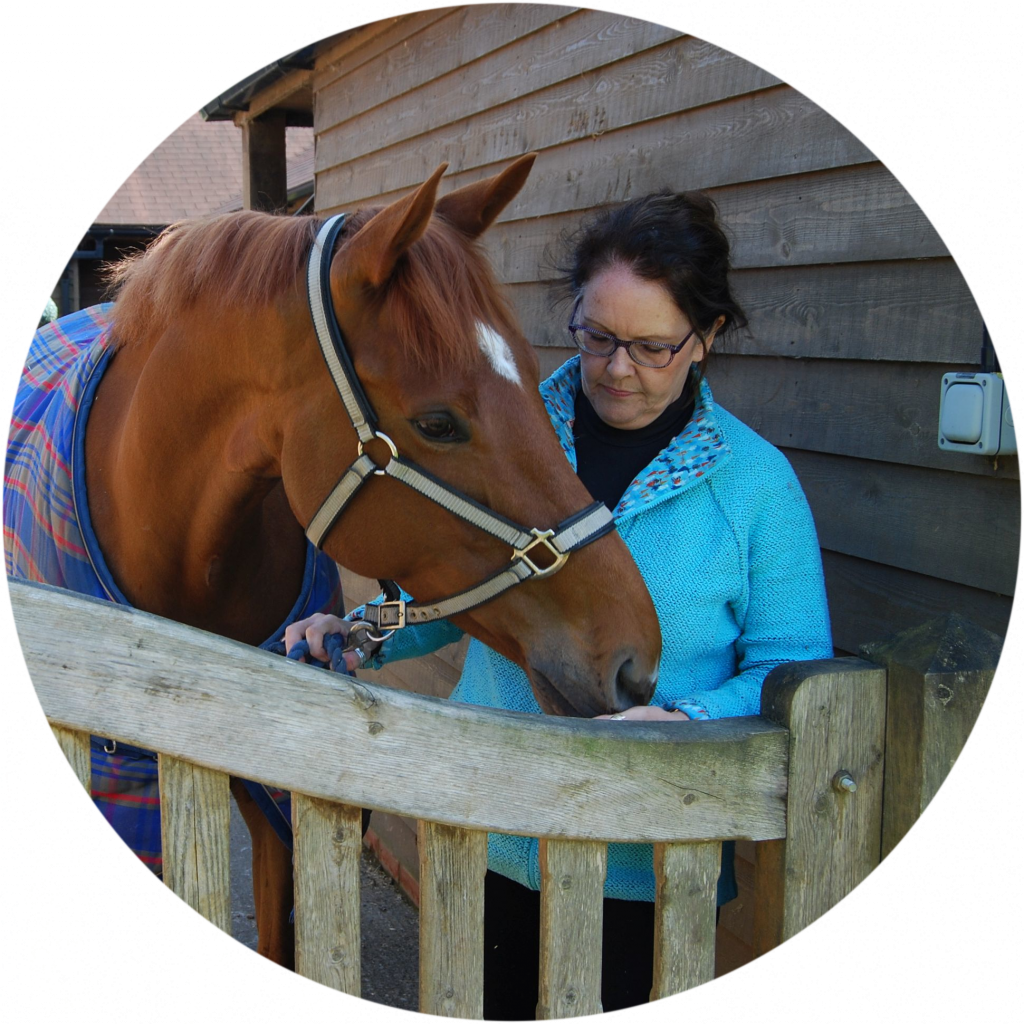
YOU WILL NEVER GET BETTER OR IMPROVE IF YOU HAVE MENTAL ILLNESS
Incorrect. The Mental Health Foundation cites 70% of people make a full recovery. Recovery doesn’t always mean being free of all symptoms though.
Many people living with long-term conditions are able to manage it and live full and satisfying lives.
PEOPLE WITH MENTAL HEALTH CONDITIONS CAN NOT WORK
Yes, they can. Full time work might be unrealistic for some people with severe and enduring conditions. Appropriate workplace adjustments and long-term medication can enable these people to work, whether part or full time.
For the vast majority of people with a mental health condition, work is not only possible but beneficial. Work can be central to staying well and can play an important role in ensuring people feel connected to other people, are valued by society and have a purpose.
“Working with horses is renowned for being particularly beneficial and indeed, therapeutic.”

PEOPLE WITH A MENTAL ILLNESS CAN JUST ‘SNAP OUT OF IT’
If only it was that easy! A mental health condition is no different from a physical condition. It needs treatment just the same. ‘Snap out of it, pull yourself together, just get on with it’ – the list of clichés is endless.
People often say these however, when they don’t know what else to say, or lack mental health/ill-health knowledge or information.
Yet, such clichés can further hurt those that are suffering, coming across as dismissive and/or indicating they’re not being heard, listened to, believed.
Telling someone with a mental health condition to ‘snap out of it’ is like telling someone with a broken leg to ‘just walk it off!’.
TAKING MEDICATION IS RUNNING AWAY FROM YOUR PROBLEMS
Taking medication for a mental health condition is no more ‘running away from your problems’ than taking painkillers for migraines, insulin for diabetes or medication for irritable bowel.
For many people, prescribed medication is necessary and even life-saving eg. for heart disease.
Far from ‘giving up’ and ‘running away’, medication represents a step towards dealing with the issue. For some conditions, medication often creates space for talking therapy to work.
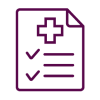
LINKS BETWEEN MENTAL AND PHYSICAL HEALTH
Much like horses, if one is, or becomes, an ‘anxious’ horse, ulcers and other physical conditions are often present, and we see behaviour changes.
Long term box rest can impact a horse’s mental well-being, their temperament and needs careful management. Similarly, a symptom of grass sickness can be distress and depression.
Like horses, everyone is different; has their own unique set of indicators, known as our non-verbal communications, our ‘personal clues and cues’.
MENTAL HEALTH IMPACTING ON PHYSICAL HEALTH
It’s important to note that poor mental health is not ‘just in the mind’.
Mental health conditions can affect physical health, with mental illness associated with a range of very real, physical symptoms such as:
– Palpitations, lethargy, digestion problems;
– High blood pressure, fatigue, shortness of breath;
– Links to some cancers, headaches;
– Skin conditions, upset tummies, pins and needles.

These are some of the symptoms linked to mental health issues, not indicators of mental health issues on their own.
Each person will react differently and may experience very different symptoms, and some may occur without our knowing. That’s why recognising our ‘personal clues’, our indicators, is important for our mental health.
PHYSICAL HEALTH IMPACTING MENTAL HEALTH
It’s often far easier to deal with a physical injury, disability or illness.
For example, you’re a professional rider and break your leg in a fall. You still need to manage your business, arrange cover, manage your owners etc. However, being unable to work as usual, potential financial worries, stress, insurance cover/claims etc, how the horses will be with a different rider, could affect your mental health.
Some physical conditions, disabilities or long-term injuries can take a huge toll on our mental health too, especially when we’re trying to continue working and riding as usual, and managing them at the same time. Again, knowing our personal signs when to take a break, pause or stop for a while are important.
Simply not being able to ride for any physical reason, can have an impact. After all many ride purely for enjoyment and pleasure so being unable to do the thing they love can affect mental health.
Depending on the situation and incapacity, feelings such as isolation, frustration, distress, overwhelm and helplessness may creep in and, if unaddressed, may affect our mental health.
Medication for a physical illness can sometimes affect mental health and/or mood too. Careful medication management is needed.
That’s why it’s important when we’re physically ill or injured, to be aware of our mental health when thinking about what’s the best course of action to take, including whether some extra support is needed, and accepting offers of support.

RESILIENCE, AND WHY IT MATTERS
Resilience isn’t about endurance. It’s our capacity and ability to recover, refresh, to bounce-back from disappointments, difficulties, challenges, adversity and setbacks.
It’s a skill you can learn, develop and grow to manage everyday living. Simply put, it’s ‘R’ words, which speak for themselves:
Rest, recuperate, re-energise, resolve, restore, recover, refresh, renew, re-group, reinvigorate, repair, relax, respite, retreat, re-establish, revive, rejuvenate, recharge, revitalise, reframe, resolute.
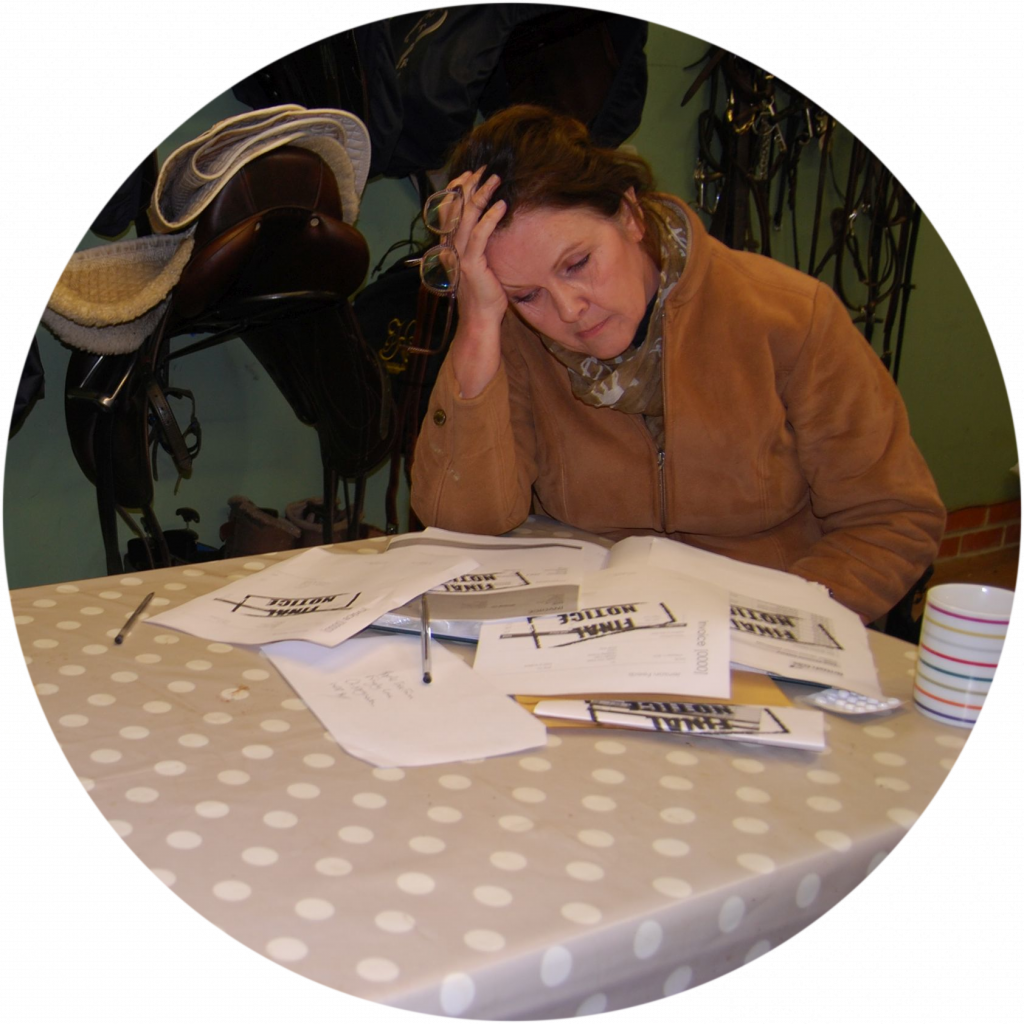
It matters because there ARE links between resilience and our ‘state’ [of mind] and our mood, attitude and our ability to manage/perform – personally and professionally. So, it:
- facilitates self-accountability. You’re in charge of your behaviour, thoughts, reactions, and emotions.
- enhances your ability to make things happen rather than them happening to you.
- enables you to stay on top of things, and manage them as they occur, meaning you’re less stressed, anxious, and apprehensive helping to improve/gain confidence and professionalism.
Martin competed at a prestigious National championship. It’d been his and his owners’ dream. Preparations were great and expectations high. Things didn’t go to plan. He’s absolutely gutted and experiences a range of emotions.
Without resilience, he remains gutted, disappointed and frustrated. His mood, attitude and behaviour changes. He’s grumpy. People avoid him. Over time, family, owner, grooms and even rider-horse relationships suffer.
OR
After his immediate reaction, Martin sits down with his trainer. He reaches out to a mentor too. He checks out Riders’ Minds for self-help ideas. He shares his disappointment with others, including owners.
They’re understanding and supportive. He reflects on his mistakes, what changes to make. He focuses on the present and looks forward with greater insight and knowledge. He bounces-back and makes plans.

Jessie rides for pleasure. She has a demanding day job.
The livery yard changes hands and services deteriorate. She’s been there some time. She tries to make things work as it’s convenient and riding is an important lifestyle choice for her.
Without resilience she gets stressed and uptight. Her pleasure turns into aggravation. Frustrations build, affecting everyone around her, including her horse who becomes irritable like her, creating an increasingly negative cycle.
OR
Jessie assesses the situation. She decides what she needs, wants, and would like to have happen for her and her horse. She browses Riders Minds, finds ideas for having difficult conversations. She has some with the new owners. It’s a challenging time, but she achieves the outcome she wants.
Jenny is a wife and mum. Her husband Pierre plays polo. He was diagnosed with depression and now takes long term medication. Jenny used to get very frustrated, not knowing how to manage Pierre’s moods. She often experienced many different emotions herself, such as helplessness, angry, lost, guilty and alone.
Then Jenny read about depression. She understood more about it as an illness. She took time to learn Pierre’s triggers, got to know his ‘signs’, particularly when he missed taking his meds, and gently remind him to.
She also has ‘5 a-day’ things to help her stay well too so that she can fully support Pierre and their children.


